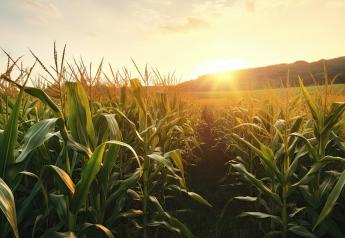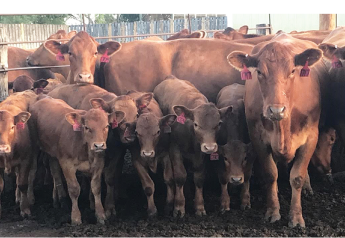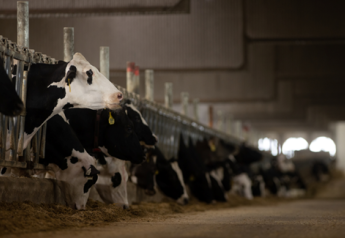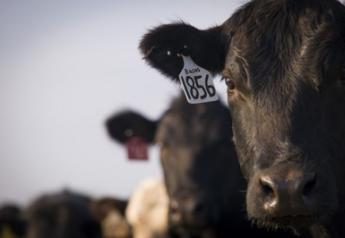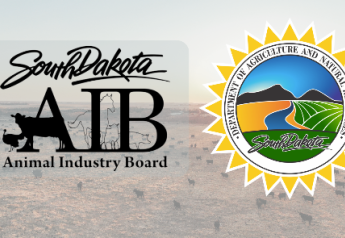Minnesota vet school receives USDA grant to help educate rural veterinarians

The University of Minnesota College of Veterinary Medicine is among the recipients of The U.S. Department of Agriculture's (USDA) National Institute of Food and Agriculture (NIFA)
this week. The 12 awards totaling $2.3 million will help to relieve shortages of veterinary services practices in designated rural shortage areas through education, extension, training and support for new or existing veterinary practices.
"The new Veterinary Services Grant Program (VSGP) will enable training and retention initiatives to support veterinarians and veterinary technicians so they can continue to provide quality services in rural areas," said NIFA Director Sonny Ramaswamy. "It also supports the expansion of existing veterinary educational programs and facilities, including mobile services."
The University of Minnesota College of Veterinary Medicine $238,000 project is directed at development and implementation of web-based educational materials in dairy production and food safety. The University of Minnesota is home to the
National Center of Excellence in Dairy Veterinary Education
and the OIE collaborating
Center for Animal Health and Food Safety. This project will build upon the strengths of these centers to develop materials for veterinary students and for use in continuing education programs for dairy and public health practitioners.
Erin Royster, DVM, MS and assistant professor of dairy production medicine says the goal of the educational materials and modalities is two-fold.
"We believe this project will help practitioners better serve dairy client needs while at the same time enhancing veterinary practice incomes and providing a richer, more stimulating professional career role for veterinarians, enhancing their sustainability and retention as rural practitioners."
The curriculum will be directed to veterinary students interested in careers in dairy and food animal production medicine, and public health. Topics will include: dairy food systems and food safety; regulatory medicine; calf health and management; lameness and cow comfort; mastitis and milk quality; reproductive management; and, transition cow management.
VSGP grants fund work by universities, veterinary associations, and state, local or Tribal agencies to help relieve veterinary workforce shortages in the U.S. food and agriculture sector. Funds may also be used to support the establishment or expansion of veterinary services in eligible rural areas.



